The Battle of San Romano
By David Roderick
Paolo Uccello, circa 1435
How his wheel takes dead men dragging,
in dim light that reminds me
of mountains where men wear no armor,
just beards and robes, and walk
next to their horses so as not to tax them,
seating only the wind. Brute dictum:
soldiers have no self to give away,
yet they learn a landscape as carefully
as I lean toward this middle panel
and peer at creatures sprinting
beyond the fight: white hart, doomsday
rabbit chased by a greyhound’s point.
I know what a dog does, just as I know
civilization is iron soldered by fire,
and toys falling sideways, part-mortal,
driven to swart and trampled wheat.
When Paolo of the Birds painted this scene,
worked toward dawn’s dimensions,
I think he invented television,
our eyes’ sanctum, in which dying
soldiers wake to a rabbit’s cry
or hear in their helmets the heaving
dark force of a canvas around them.
Voyeurs all: soldiers, painters, hounds,
where from my sightline in a packed
gallery a deer becomes martyr,
wheat becomes smoke, and where men
probably expected to die in Latin
while their horses stormed above them,
bells on tails, assholes puckered like eyes.
ABOUT THE POEM:
Paolo Uccello was one of the 15th century Italian artists obsessed with visual perspective, and at the Uffizi in Florence I studied some of his paintings while most other museum patrons flocked to the Botticellis and da Vincis and Caravaggios. Frankly, I’d gone to Florence to write about those better-known artists, but I failed many times, probably because their paintings are so famous my efforts failed to muster any fresh images or rhythms.
But I hadn’t heard of Uccello before my trip, and the dramatic battle scene jammed into the foreground of his “The Battle of San Romano” haunted me. His soldiers look anonymous and mechanized, almost modern, while the forms of his horses are rounded and graceful, even in death. Meanwhile, in the background you can see hunters and their dogs chasing after rabbits and deer. One gets the sense that the battle between the clashing cavalries in the foreground has no bearing on the distant pastoral figures. This put me in mind of Robert Frost’s “Range Finding,” in which nature (a butterfly, a bird, a spider) endures despite a raging human battle. In that poem, as in Uccello’s work, we’re reminded that manifold lives, human or otherwise, can do little beyond conducting their daily business.
In retrospect, I think I was also attempting in my poem to explore my own feelings about war, particularly America’s wars in Iraq and Afghanistan. Our methods of combat differ so drastically in this era of long-range missiles and unmanned drones. In Uccello’s time and even until fairly recently, war was much more personal. A soldier might actually see the face of his enemy. Contemporary war-making is largely abstract and faceless. I hope my poem dwells on some of these ideas without glorifying war.
—
About David Roderick
David Roderick’s first book, Blue Colonial, won the APR/Honickman Prize. Recent poems have appeared in Poetry, New England Review, Southern Review, Orion, and Shenandoah. He teaches in the MFA Writing Program at the University of North Carolina at Greensboro.
